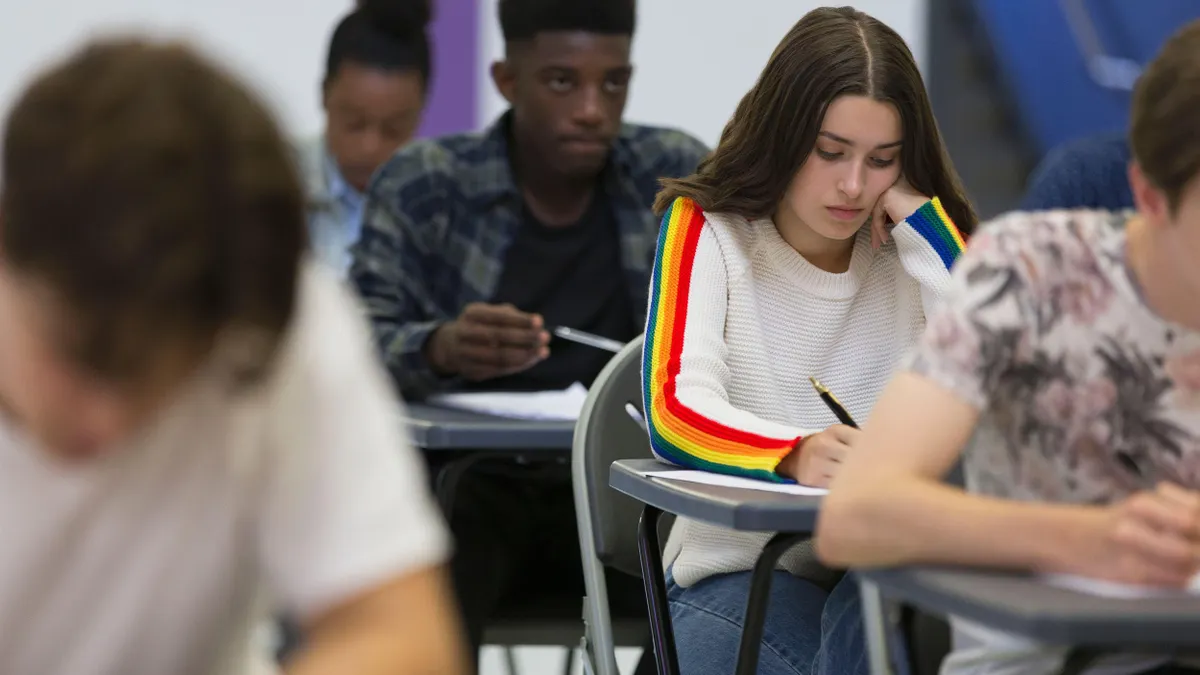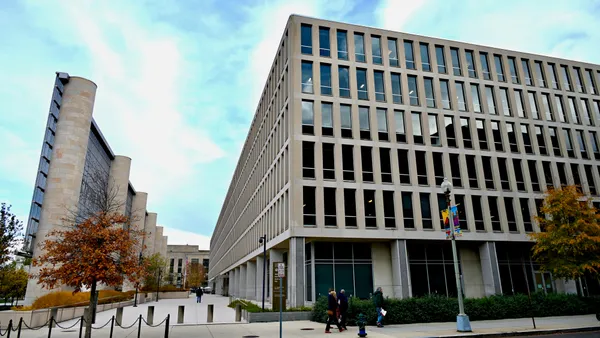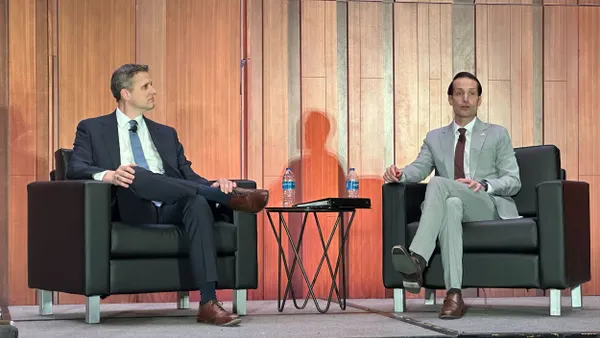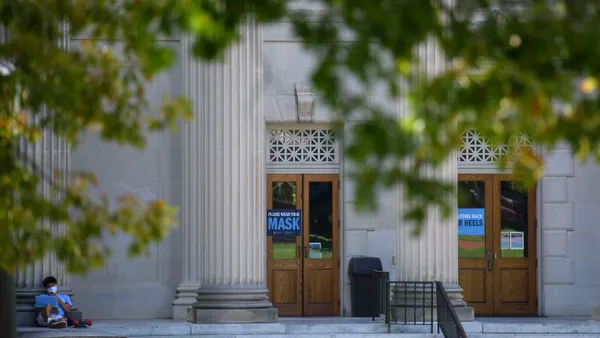Dive Brief:
- A federal judge dismissed a case Thursday that challenged the legality of the Biden administration’s gainful employment rule, which aims to ensure that graduates of career education programs earn enough to pay off their student loan debt.
- U.S. District Judge Reed O’Conner — a George W. Bush appointee — rejected arguments from cosmetology school groups that the gainful employment rule overstepped the U.S. Department of Education’s authority and violated their constitutional rights.
- Although the Biden-era rule survived the legal challenge, the Trump administration is considering potential changes to the gainful employment regulations in the coming months.
Dive Insight:
The Biden administration finalized the gainful employment rule in 2023. Under the rule, career education programs must prove that they provide graduates with an earnings bump and don’t leave borrowers with more debt than they can manage.
To do so, the gainful employment rule establishes two separate tests. Under one, the median program graduate must pay no more than 8% of their annual earnings or 20% of their discretionary income toward their debt. Under the other, at least half of a program’s graduates must outearn workers in their state with only a high school diploma.
College programs that fail either of these metrics in two out of three consecutive years risk losing access to federal financial aid. The rule primarily impacts programs at for-profit colleges, but also applies to certificates at all institutions.
Thursday’s ruling addresses two consolidated lawsuits against the rule. The cosmetology school groups had argued that the Education Department had overstepped its authority when issuing the regulations, as the Higher Education Act doesn’t define gainful employment.
However, O’Connor wrote that the Education Department’s rule follows the plain meaning of the statute.
“Although the 2023 Rule is in the form of an equation, it no less does the same work as the words ‘gainful employment,’ by ensuring the programs lead to profitable jobs, instead of loan deficits,” O’Connor wrote.
The plaintiffs had also alleged that they would be unfairly penalized by the rule, arguing that a large share of income in the cosmetology industry goes unreported because it is earned through cash tips. Because of that, they said, the Education Department’s calculations would fail to accurately capture how much their graduates earn.
O’Connor rejected those arguments, noting that the Education Department had cited studies showing that underreporting is not widespread.
National Student Legal Defense Network, an advocacy and legal group for students, praised the ruling Thursday.
“Higher education is supposed to offer students a path to a better life, not a debt-filled dead end," Student Defense Vice President and Chief Counsel Dan Zibel said in a statement. “The 2023 Gainful Employment Rule reflects a common-sense policy to ensure that students are not wasting time and money on career programs that provide little value.”
Jason Altmire, president and CEO of Career Education Colleges and Universities, an association that represents the for-profit college sector, decried Thursday’s ruling but sounded optimistic about forthcoming regulatory changes under the Trump administration.
“Although we strongly disagree with the ruling today, we look forward to this issue being revisited by the current Department of Education,” Altmire said in a statement that day. “We are confident the Biden Gainful Employment Rule will be revised to incorporate a fairer accountability measure that will apply equally to all schools, ensuring all students can benefit.”















